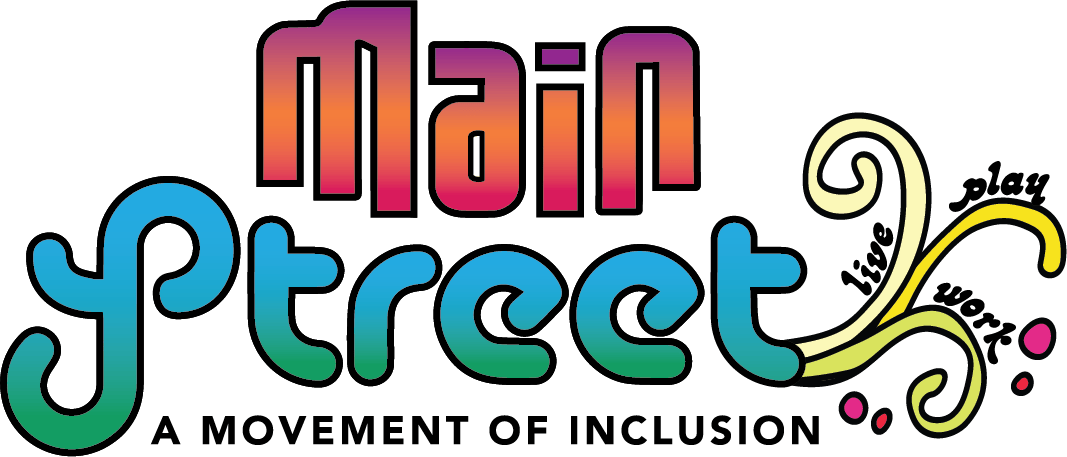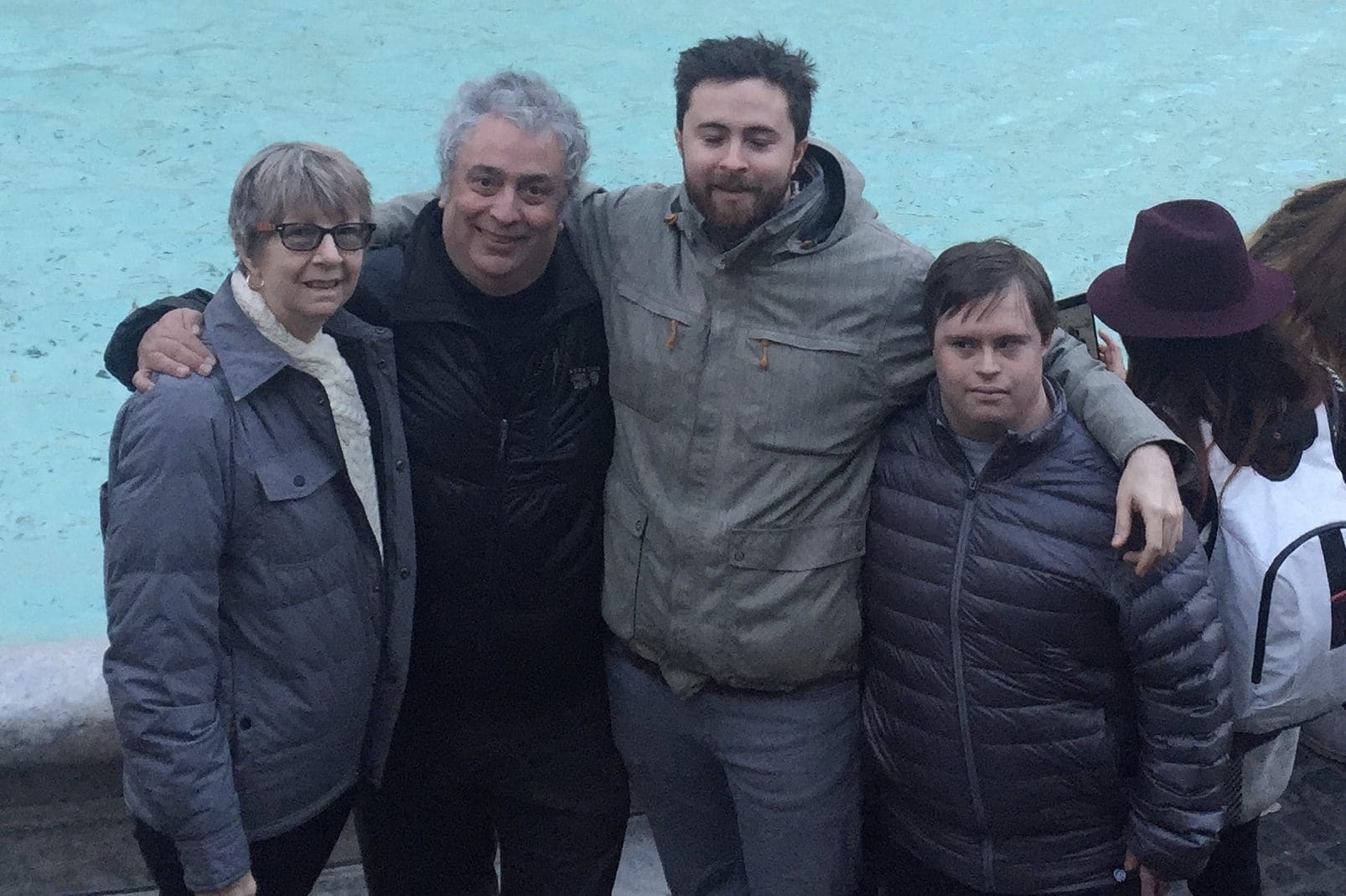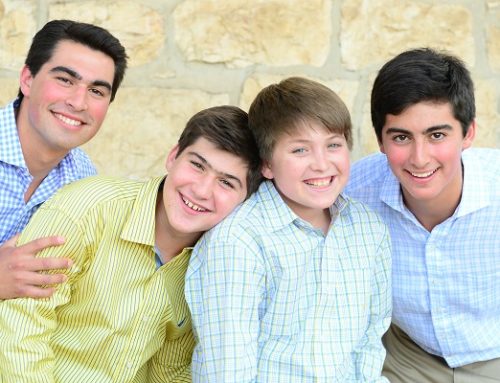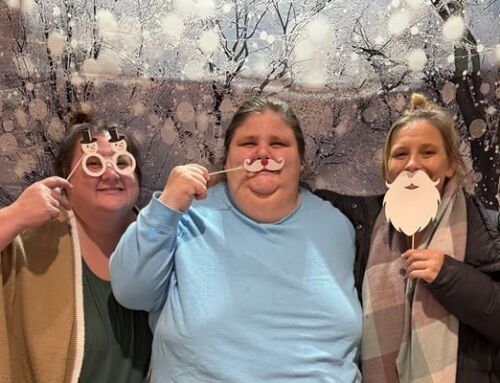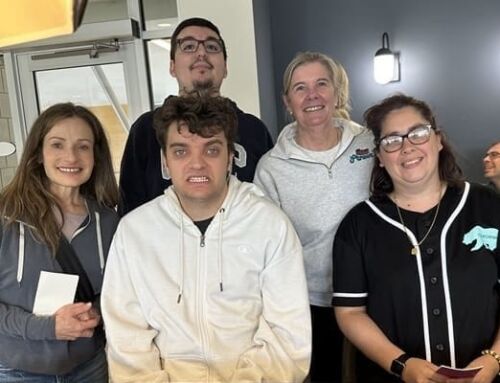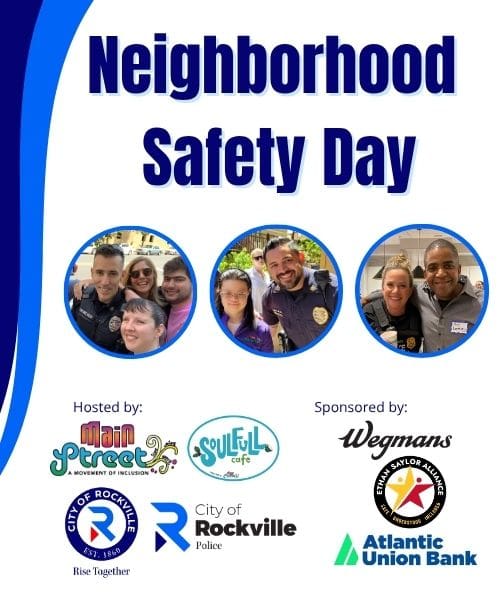I have both a personal and a professional interest in Main Street.
I am the proud mother of Adrian, a 28 year old with Down syndrome who expects to live an adult life that compares to that of his brother, Gabriel. Adrian is doing pretty well in that regard: he has gone to college (George Mason University’s LIFE program), works (at NDSS), independently uses public transportation and is very active in many community organizations. But, independent as he is, Adrian is waiting for the right opportunity for independent living to come along. He is not just looking for housing but for a way to connect with others. The Main Street movement holds that promise.
Main Street is designed to support community among its residents as well as other (non-resident) fellow travellers interested in inclusion and the range of human potential. Serving as a hub for activities, learning and gathering, Main Street offers friendships and community through its intentional creation of a supporting and sustainable infrastructure. That infrastructure is flexible and inclusive, and those are two characteristics that we, as a family, value and that we think will make Main Street a very attractive movement to a large and diverse audience.
I am also a faculty specialist at the University of Maryland Career Center, supporting students with disabilities as they prepare for careers. As you might expect, there is a wide diversity of needs among students with disabilities on campus. As a campus, we are continuously designing a broad range of supports to meet these needs. I will mention here just two ongoing programs: we are serving matriculating students on the autism spectrum through the SIGNA program and we coordinate closely with the UMD Health Center’s ADHD support groups.
In both cases, we work with students to prepare what every student needs—resume, cover letter, interview skills, negotiating strategies, access to employers—but we also offer assistance on disclosure, accommodations and access to internship and employment opportunities that target students with disabilities. I am working with Main Street to see how I might be helpful in building community and promoting disability inclusion at workplaces throughout Maryland. The Main Street movement makes space for that! (For those readers in positions to hire, we also work closely with employers to promote disability inclusion at the workplace. If we can help you to meet diversity goals, please contact me at nforsyt2@umd.edu.)
As a parent and a professional, I am grateful to the Main Street organizers for this brilliant idea, and I am gratified to see the response to its hopes and aspirations among self-advocates, families and supporters.
